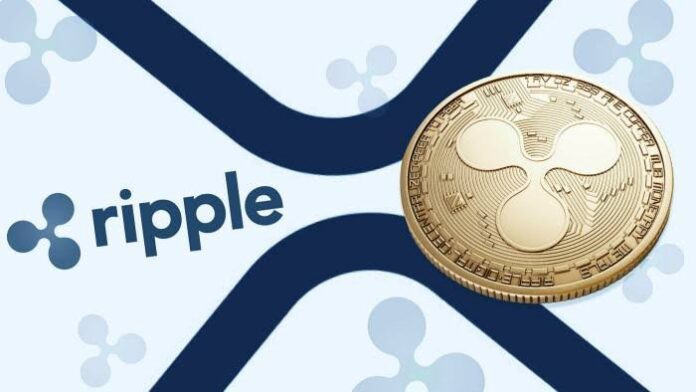Crypto influencer Amelie shared information suggesting that banks in India are conducting private ledger tests utilizing XRP for interbank money transfers.
In a post on X, she highlighted the significance of this development by noting India’s role as a BRICS member. The tweet included a video from the third edition of a fintech festival in India, where a speaker referenced ongoing work with Ripple.
The speaker stated that they are collaborating with Ripple’s CBDC platform and are actively involved in consulting smaller nations on central bank digital currency (CBDC) implementation. While emphasizing that India is already at an advanced stage in CBDC development, they mentioned their advisory role in helping other countries transition to digital currencies.
WOW! 💥
BANKS IN INDIA ARE CONDUCTING PRIVATE LEDGER TESTS WITH #XRP TO ENABLE EFFICIENT MONEY TRANSFERS BETWEEN BANKS! 🏦
INDIA IS ALSO A MEMBER STATE OF BRICS! 🇮🇳 #XRP 🤝🏼 INDIA 🤝🏼 BRICS pic.twitter.com/2egSFa9jvJ
— 𝓐𝓶𝓮𝓵𝓲𝓮 (@_Crypto_Barbie) March 28, 2025
Implications for XRP and Cross-Border Payments
India is one of the largest economies in the world and has been exploring blockchain-based solutions for financial infrastructure. The potential use of XRP within private ledgers by Indian banks could indicate a move toward enhanced efficiency in cross-border and domestic settlements. Private ledgers built on XRP technology are designed to provide scalability and cost-effective transactions for financial institutions.
We are on twitter, follow us to connect with us :- @TimesTabloid1
— TimesTabloid (@TimesTabloid1) July 15, 2023
Ripple has previously engaged with central banks and financial institutions worldwide to facilitate CBDC development and streamline payment systems. The mention of XRP in the fintech event suggests that Indian banks may be evaluating its use in their financial ecosystem. However, there has been no official confirmation from Indian regulators or banks regarding large-scale adoption.
India’s Role in BRICS and Financial Innovation
India’s involvement in BRICS, alongside Brazil, Russia, China, and South Africa, is crucial to its financial and geopolitical strategy. BRICS nations have explored alternative payment mechanisms to reduce dependence on traditional global financial systems. If Indian banks proceed with private ledger integration using XRP, it could align with broader BRICS efforts to enhance economic independence and improve settlement frameworks.
The Indian government and financial sector have been cautious in their approach to digital assets while simultaneously advancing CBDC initiatives. The Reserve Bank of India (RBI) has been conducting trials for its digital rupee, and any collaboration involving XRP technology would likely be positioned within a regulated framework.
Amelie’s statement about Indian banks testing XRP private ledgers reflects ongoing blockchain experimentation in the banking sector. While the extent of these trials remains unclear, the discussion at the fintech festival indicates active engagement with blockchain-based financial solutions. The relationship between XRP technology and India’s economic infrastructure could develop further, depending on regulatory decisions and institutional adoption.
Disclaimer: This content is meant to inform and should not be considered financial advice. The views expressed in this article may include the author’s personal opinions and do not represent Times Tabloid’s opinion. Readers are urged to do in-depth research before making any investment decisions. Any action taken by the reader is strictly at their own risk. Times Tabloid is not responsible for any financial losses.
Follow us on X, Facebook, Telegram, and Google News



